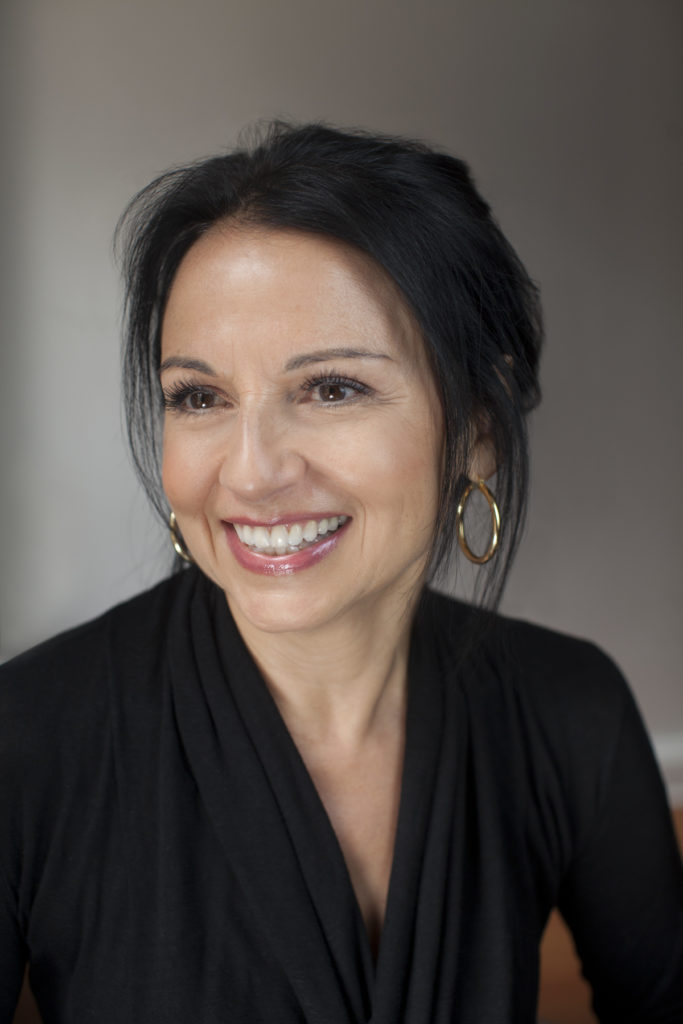
Denise Restauri.
BY PAKSY PLACKIS-CHENG
Mentoring Women At a Vital Time in Today’s World
Denise Restauri is the Founder and CEO of GirlQuake, a platform that mentors young women in business and life. Restauri, the Executive Producer of the inaugural Forbes Women’s Summit, is a Forbes.com contributor, and host of the Forbes Mentoring Moments podcast.
impactmania spoke with Denise Restauri, about who has impacted her career at USA Today, and who she in return is impacting today. She also shares why many women are still unsupportive of each other and how that needs to change going forward.
What message did you take to the Forbes Women’s Summit?
We need to educate young girls so that they can see what they can be, right? If you want to be the Treasurer of the United States of America, you can be that. But how do you even know that is a job, if you can’t see it in education. Rosie Rios, the 43rd Treasurer of the United States was at the Forbes Women’s Summit panel. She said that all bills enacted in government today have men on them. The message is, “How do we start using pop culture to educate girls by doing it, showing it, and being it?”
Give me an example of a young girl who you’ve mentored through GirlQuake who is making a positive impact in the world.
Veronika Scott of The Empowerment Plan [read impactmania’s interview with Scott].
And Tammy Tibbets and Christen Brandt, co-founders of She’s The First. They both started the nonprofit when they were in their early 20s. I am on the board of the organization and we provide scholarships to girls in low-income countries so that they can be the first in their families to graduate high school.
The great part about the program process is the leadership component for girls in the United States who are making the scholarships for the girls in the developing world happen. We wanted to make sure it was not just the rich girl in the United States supporting the poor girl somewhere else.
We accomplish this by bringing girls from all over the country to New York for a three-day training program. One of the young girls said to me that she was terrified of public speaking but her passion for She’s the First drove her to be able to stand up on stage. Purpose is powerful.
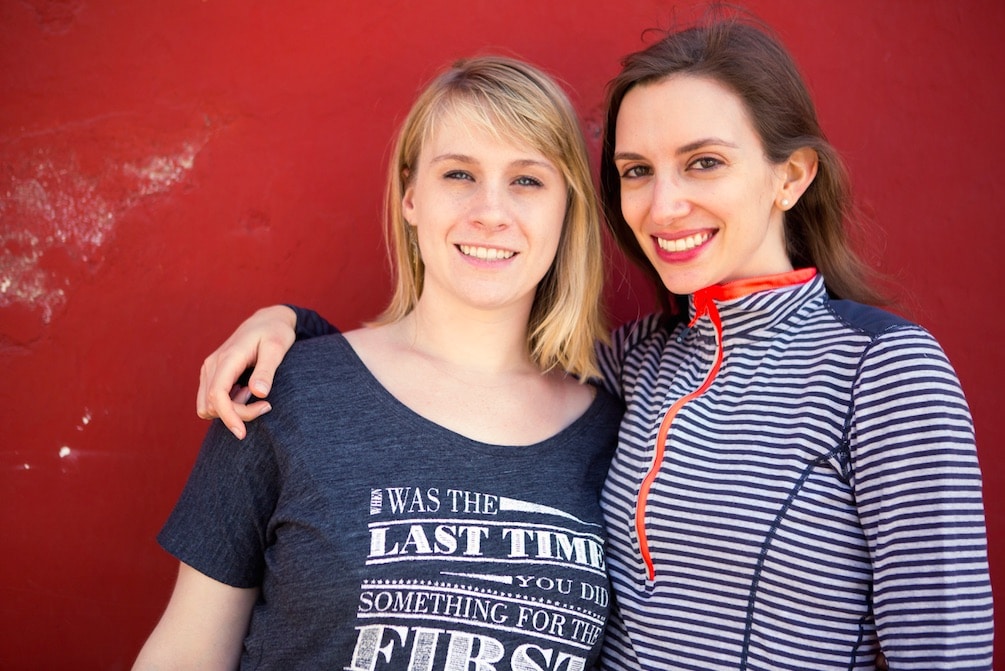
She’s the First Founders: Tammy Tibbets and Christen Brandt.
This is how mentorship can work well; I mentor them and they mentor me! Tammy and Christen helped me with Facebook and they have introduced me to even more women. Because they’re younger, they can sometimes get in the door much easier. Many women will say, “I want to meet you and I’d like to hear what you’re doing.”
What I’ve done for them is to get their message out, help with sales decks, and have their back. That’s really important for young women. They feel like no one has their back, they’re out there alone. Even a supportive board doesn’t always have your personal back.
Why the need of amplifying women’s voices?
When I looked at where girls were getting their information from it was all the celebrity news. I started out with young women who are doing great things so other young women can see what they’re doing. We need to put these role models in front of each other.
I still see so many women who are unsupportive of each other. Why is that?
Because we think there’s only one seat at that table. It will remain a problem until that changes.
This is how my Mentoring Moments platform started: women telling their stories. We share these stories and democratize mentoring.
I was with twenty women at a dinner, primarily executives of major companies and organizations, talking about the power of mentoring. Everyone except two — and I wish I made this up — everyone except two women said, “…Not me, I’m too busy to mentor others.” I dug into that and said, “How can we be too busy to mentor someone younger?”
Some said, “I’m already mentoring someone.” But we started talking about redefining mentoring and saying, “When we leave this dinner, what else are we going to do differently so we can help more women?”
We talked about it, but there was no follow up. Everyone said, “I support it, but I’m too busy to take any action.” It drives me crazy when we sit around and talk and don’t take action on the great ideas. I ranted about that for a while.
Then, as I was having dinner with a young woman, Bethany Lampland, COO of The NY Foundling, she said, “Not only do we need to redefine mentoring — it is not what we think it is. For me mentoring is about these moments of having dinner, two to three times a year, having mentoring moments by sharing stories.”
If we can collect hundreds of Aha moments in life; sharing how someone did this, positive or negative, I believe it can help influence and guide each other. If we can commit to sharing that important story to show someone how we got through it, we can democratize mentoring.
What is needed for social impact?
Here is where I see a shift happening. We have seen many young women being very upset about the results of the [presidential] election. We’ve been talking about women not having a seat for so long. Some were not even thinking how it would impact them.
Now young women are finding out who Gloria Steinem is. Young women who have never had to fight for anything feel their rights are going to be taken away. Women are joining together. I see a different conversation happening, we’re talking differently and we’re listening differently. There might be a rainbow in all of this, that we’re really able to move things forward even more so than before.
Who has left an imprint on your professional DNA as an entrepreneur and mentor?
When I look back on it, my two bosses at USA Today were my mentors. We worked together for 16 years. Janet Costello and Carolyn Bivens gave me the opportunities. When I didn’t believe in myself, they believed in me and said, “You can do this.”
Tell me something that they said or did that you still carry with you.
When Carolyn called me and told me that I was being promoted to Vice President of Sales, I thought, “I’m not ready.” Years later, I told Carolyn the story, and she said, “…But you were ready. You didn’t see it because you thought you had to be where I was in my experience. You were ready to take over with a whole new set of lenses, willing and able to grow into it.”
I tell people all the time when looking to hire or promote someone, “Look for the person who can grow into it.”
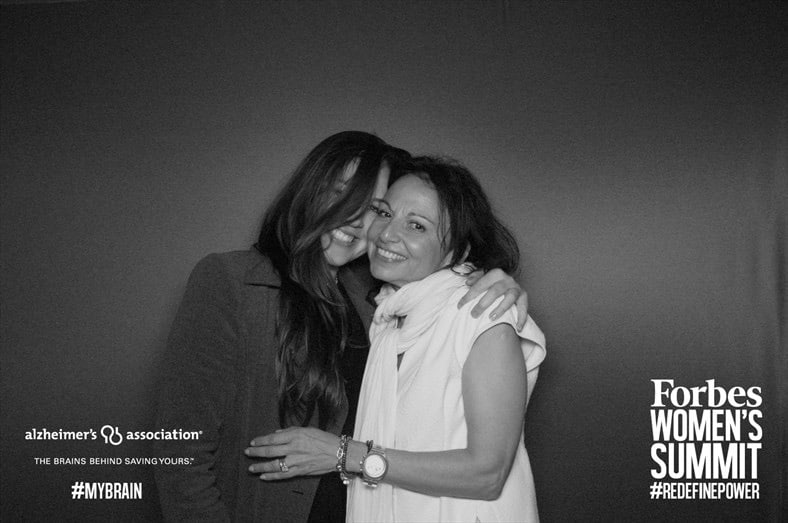
Veronika Scott, Founder & CEO of The Empowerment Plan & Denise Restauri.
What’s next for you?
I mentor hundreds of women on all different levels. I love being on boards such as The Empowerment Plan.
Yet, it’s interesting, because I am looking at what is next. I love what I do, but that won’t last forever because I get bored easily. [Laughs.] That’s the entrepreneurial spirit.
I’m looking forward to figuring out what next is. I love cooking. I love bringing people together. I like letting people into my life at a personal level. I ask, how do I take what I truly love into my daily life? A lot of people have a passion they have no way of formalizing on a day-to-day level.
I think a lot of women are struggling with that.
I had a consultant years ago who taught me something I will treasure forever. When I stepped out of USA Today and became an entrepreneur she taught me how to approach my next steps.
She said, “When you’re going through what you want to be next in life, it’s noticing how you feel about the daily doing-ness that is important. If you say you want to be flying on the Gulf Stream having a meeting in Asia; recognize and include the potential of a massive amount of sitting in meeting rooms day in and day out going through spreadsheets.
Start by writing down the doing-ness of your day that you enjoy and build from there.
For instance, when you get off the phone with someone say, “I talked to _______, it was good because…” Make a little note.
At the end of the two weeks when you start looking at the things you like, you’ll start figuring out what you want to do in your life. It can start with and come from noticing real actions, experiences, and connections to things you love.”
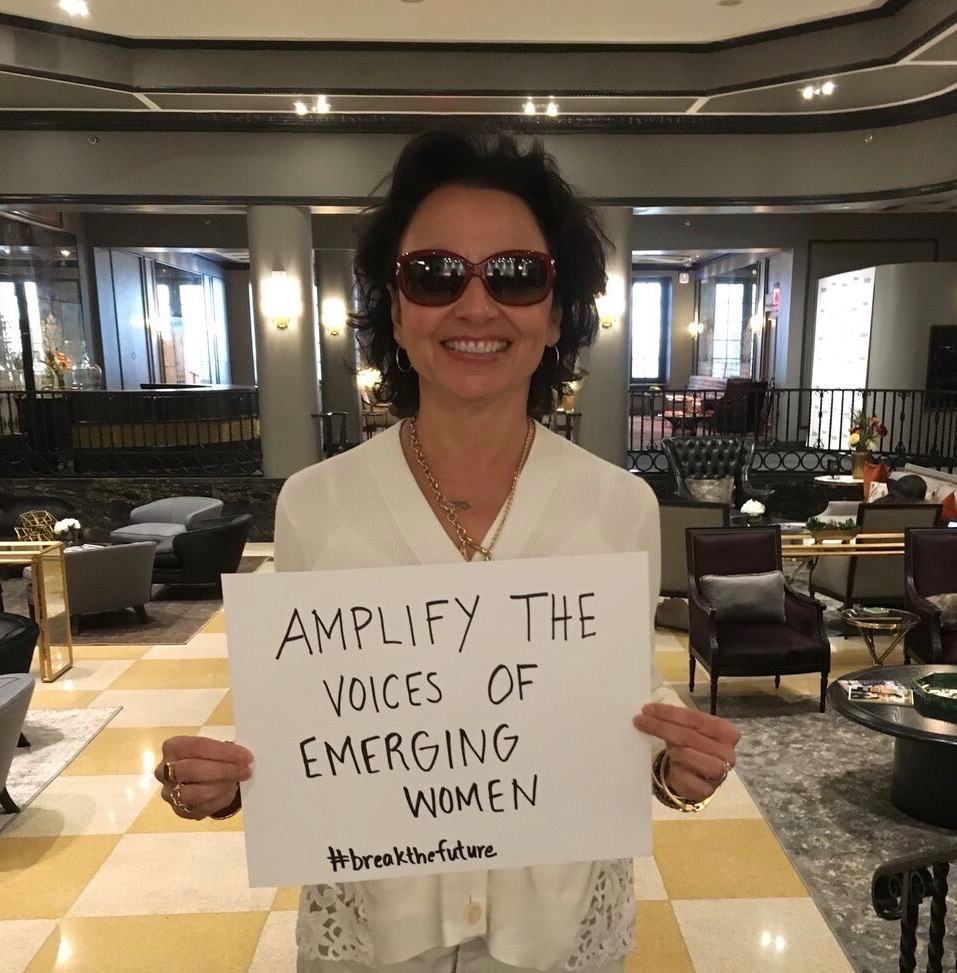
Denise Restauri amplifies voices through her Forbes Mentoring Moments Podcast.
What has been a surprise learning in building GirlQuake?
That I can be good at some things I never thought I could be good at.
One of my friends says, “Give me a full tank of gas at daylight and I’m a risk taker.” Give me an empty tank of gas and put me out at night, and I’m not taking so many risks, okay? [Laughs.]
Being an entrepreneur with GirlQuake has pushed me because my passion is so strong — to amplify the voices of women. I do things like the podcast; I would have never said that I want to do a podcast previously.
Doing the unexpected for me, that has been the biggest learning of my life. Look at the opportunities that come to you and instead of saying, “I’m not ready for this.” Say, “How can I be ready for it?”
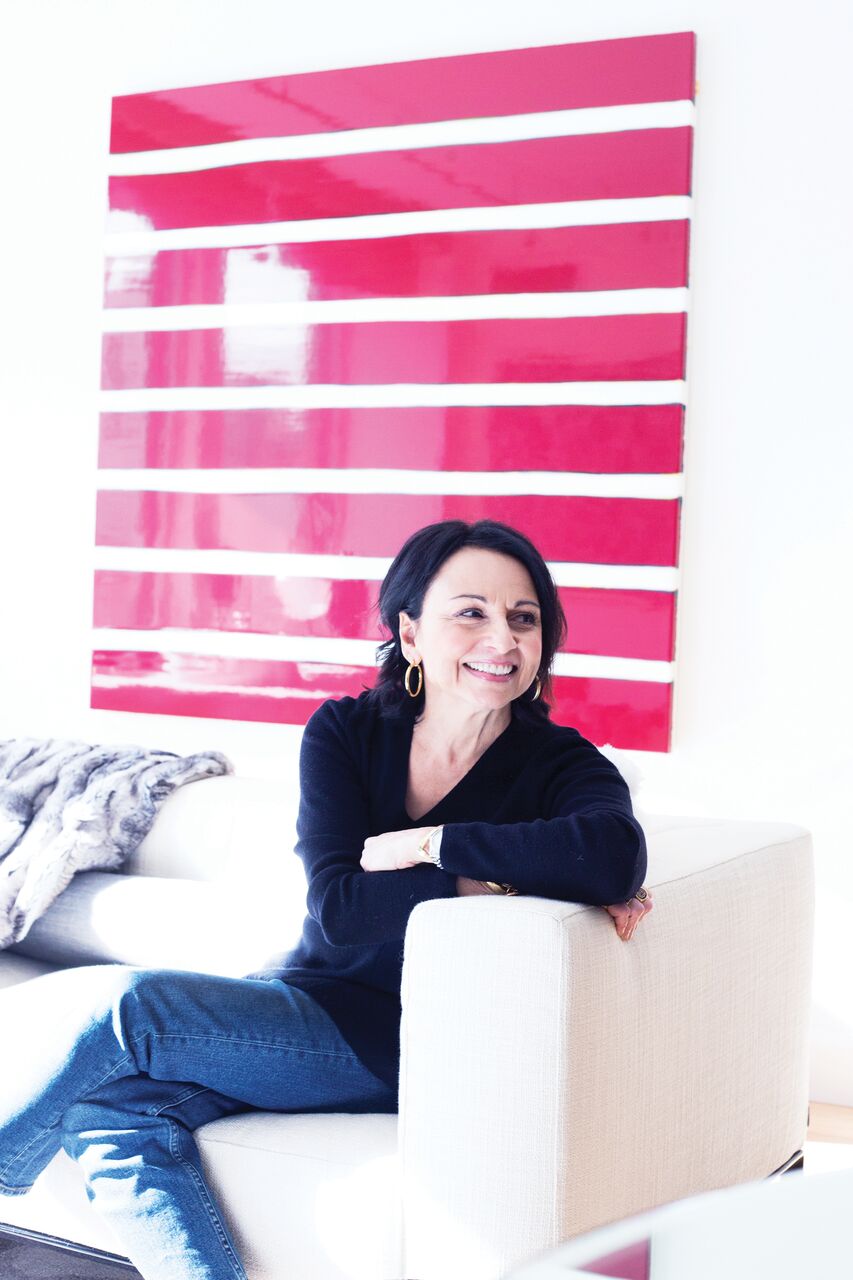
Denise at home in New York, NY.
Give me a few words that describe your journey so far.
Teary-eyed is one that comes to mind, because some of the stories are filled with compassion and passion. You’re looking at these young women and getting teary eyed in a good way. I love what they’re doing. I love being a part of their world.
Adventures — I’ve learned to be adventurous. The journey has made me young spirited and able to say, “You can do it.”

